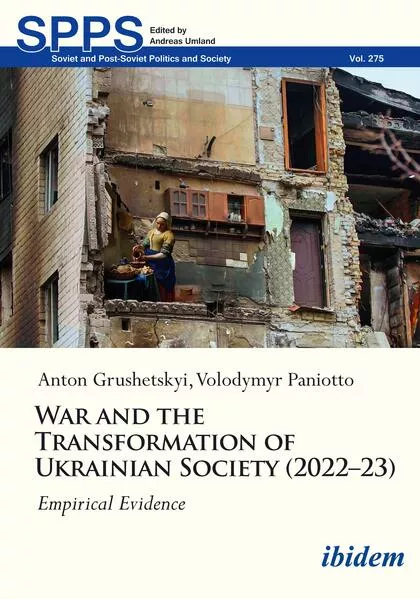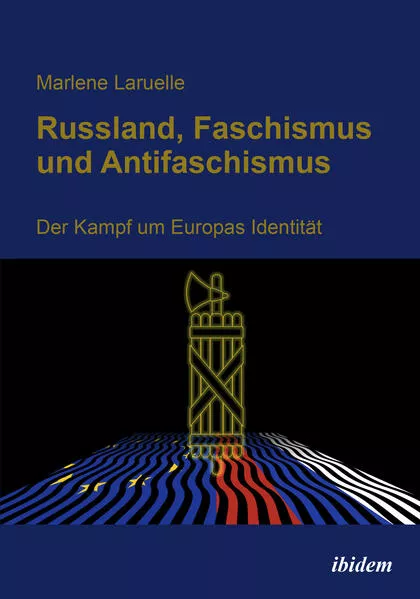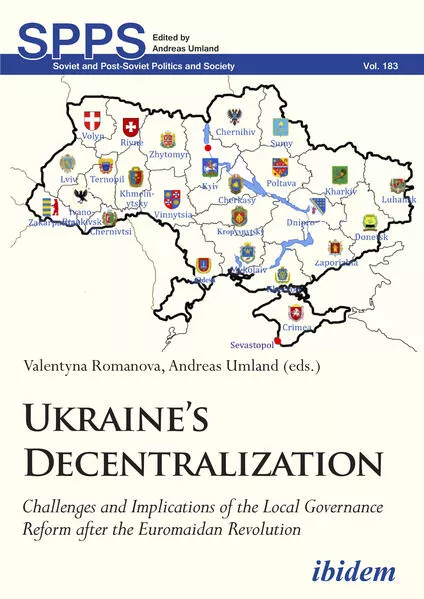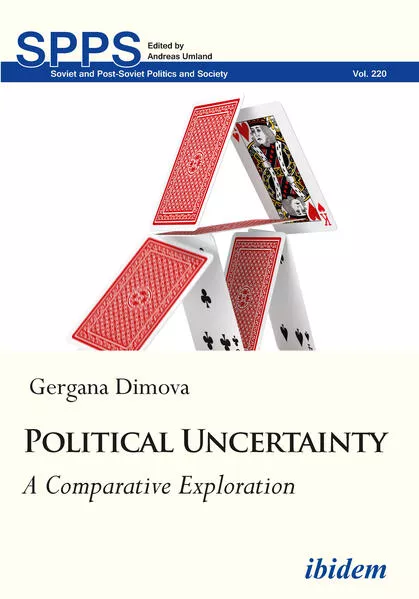
- Publikationen ca: 4
- Fragen & Antworten
Andreas Umland
War and the Transformation of Ukrainian Society (2022–23)
This book examines the profound transformation that has occurred in Ukrainian society as a result of Russia’s large-scale invasion of Ukraine on February 24th, 2022. The authors—two renowned sociologists and directors of the Kyiv International Institute of Sociology—document and explain the post-Soviet evolution of Ukrainians’ views, values, and behavior.
Russland, Faschismus und Antifaschismus
Zwei Jahre nach Beginn der Großinvasion Russlands in der Ukraine beschuldigen sich beide Länder weiterhin gegenseitig des Faschismus. Einerseits hat Moskau eine kohärente Ideologie um die Idee herum aufgebaut, eine antifaschistische Macht zu sein, die Europa und seine traditionellen Werte vor einer liberal-faschistischen Bedrohung rettet, und rechtfertigt die Invasion im Namen einer Neuauflage des „Großen Vaterländischen Krieges“, also des Zweiten Weltkriegs.
Ukraine’s Decentralization
After Ukraine’s 2013–14 Revolution of Dignity, much Western attention to Ukrainian domestic policies has been focused on the country’s “Europeanization” in the narrow and technical sense of the word, i.e. to its adoption of EU standards and legislation.
Political Uncertainty
This timely book provides a comprehensive, multi-dimensional and comparative analysis of political uncertainty. It is innovative in introducing the notions of inter-institutional, verbally induced, and historical uncertainty. It argues for an inclusive approach which considers multiple aspects of uncertainty, even when they are of a different nature.



